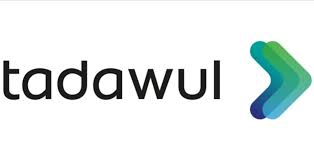Location(s)
Tags
SDG(s)
Sustainable Development Goal(s)
Powered by


SDG(s)
Sustainable Development Goal(s)
 1No poverty
1No poverty 2Zero hunger
2Zero hunger 3Good health and well-being
3Good health and well-being 8Decent work and economic growth
8Decent work and economic growth 11Sustainable cities and communities
11Sustainable cities and communitiesPlease be aware that the content herein has not been peer reviewed. It consists of personal reflections, insights, and learnings of the contributor(s). It may not be exhaustive, nor does it aim to be authoritative knowledge.

Comments
Log in to add a comment or reply.